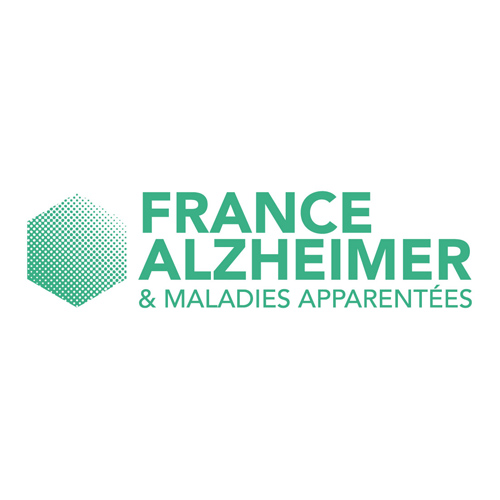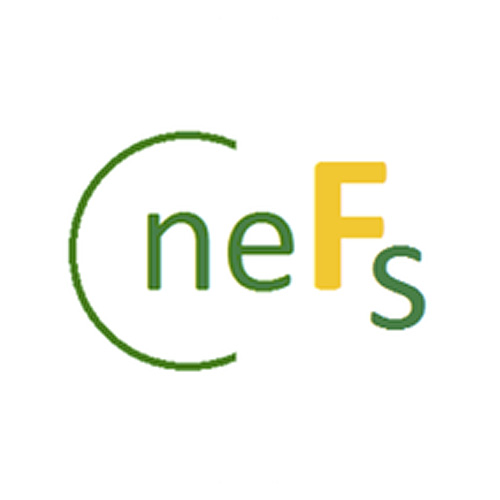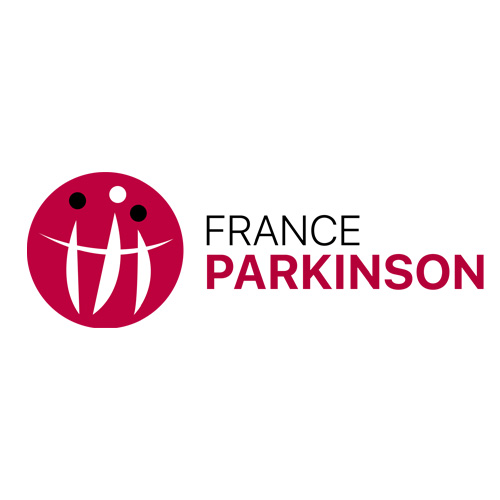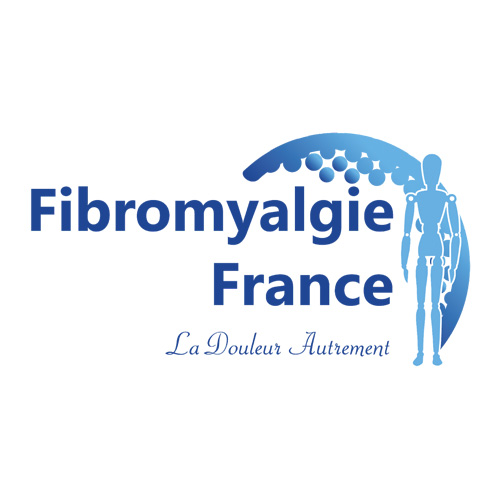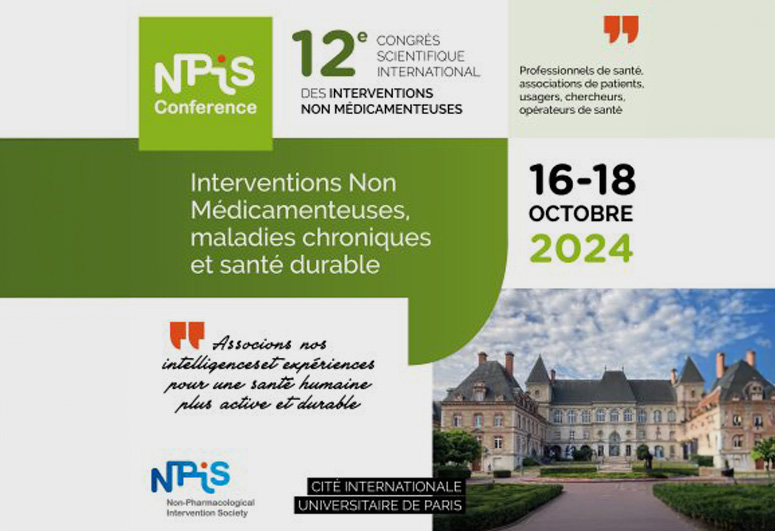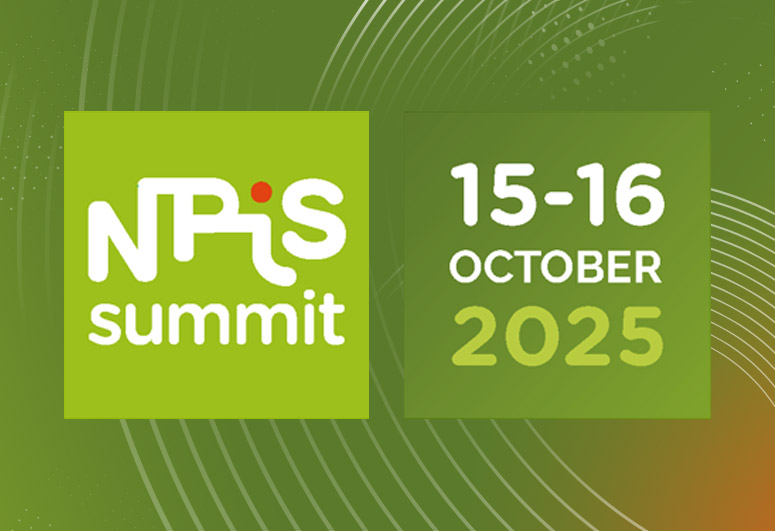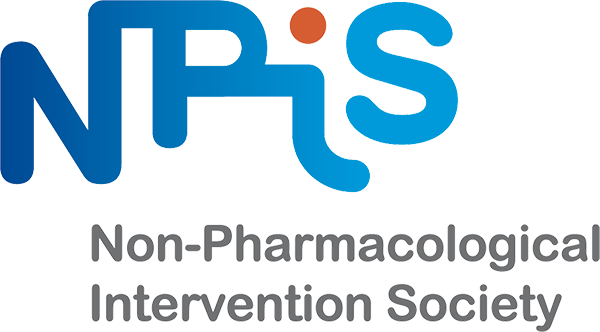What's an NPI ?
The NPIS Registry: why ?
Who is this platform for?
-
I am a citizen, a patient, a caregiver or a professional on a first visit

-
I will be able to easily find information on interventions that are actually INMs. I will also be able to provide feedback on usage. If I want to go further, I will be directed to the conditions for accessing all the data and features of the INM Repository.
-
I am a healthcare professional wishing to access all INM files

-
I will be able to find complete information on INM protocols to deepen my knowledge and practices. I will be able to provide feedback on use.
-
I am a representative of an authority, institution or organization related to health

-
If my practice organization is a partner of the NPIS, I will be able to access all the data and functionalities of the INM Repository.
-
I would like to submit a proposal for a new INM in the Repository

-
If my project meets the definition of an INM and if it is sufficiently supported by scientifically conducted studies, I will be directed to a form which will allow me to write the INM file relating to my project.
-
I am an expert selected under the INM file validation procedure

-
If I have received an email from NPIS accrediting me as an Expert in a defined field, I will be able to register to participate in the expert procedure for which I have been requested.
Become a Submitter
Learn more about NPIS and NPI :
NPIS Questions and Answers
-

-
-
What is the NPIS roadmap until 2030?

-
The NPIS has outlined a roadmap from 2021 to 2030 aligned with the strategies of European and international health institutions. To this end, it has initiated discussions with the European Public Health Association (EUPHA), involved in health service innovation, the European Centre for Disease Prevention and Control (ECDC), which is planning to create a registry, the European Commission, which aims to promote "health, nutrition, mental health, and psychosocial support to communities," and WHO Europe, which intends to identify the "most effective health interventions" by 2030. The NPIS submitted several European projects in 2024.
The NPIS is also engaging with WHO, which has advocated for "self-care interventions" since 2022, included NPI in its Global Action Plan for Mental Health published in 2022, and identified "the most effective and feasible interventions in a national context" in a report published in 2021. Additionally, it is collaborating with other international organizations such as UNESCO, which has promoted "specific health and well-being education interventions" since 2016, UNICEF, which has advocated for sharing "effective health interventions" since 2016 and developing "primary healthcare" since 2018, the UN, which has called for "accelerating essential health services" since 2023, and the Coalition of Partnerships for Universal Health Coverage and Global Health, advocating for "people-centered, comprehensive, and integrated services" since 2021.
Thus, an ecosystem for NPI, from research to practice through training and delivery, is being constructed, with NPIS actively participating. It involves all stakeholders, both academic and non-academic, to create a true value chain benefiting personalized and precision medicine based on science, sustainable health, and equitable longevity. With over 2.1 billion people aged over 60 by 2050, multistakeholder collaborations will be the foundation of a sustainable and equitable longevity economy.
This is why forums on NPI have been organized since 2024 in France and Europe, called NPIS Forum. An international summit titled NPIS Summit takes place every year in October, and regional events called NPIS Satellite gather professionals and users around a health theme.
-
What is the added value of the NPIS Registry for a healthcare professional?

-
Accessible Protocols in Consultation
- Enhanced Quality and Safety: Strengthens the quality and safety of existing practices through formalization, harmonization, and securitization.
- Integration with Professional Software: Codified NPI can be integrated into healthcare management software.
- Digital Documentation: Access to documentation from computers, tablets, or smartphones for ease of use.
- Broad Validation: Extends validation to all relevant professionals in the region.
- Quick and Easy Access: Facilitates rapid access to information at critical decision-making moments for prevention and care.
- Simplicity in Tracking: Eases the follow-up and evolutionary process of best implementation practices (e.g., identifying barriers, professional leadership, availability of training and support).
Quality Control and Adherence to Protocols
- Traceability: Utilizes unique coded protocols for tracking.
- Strengthened Care Link: Enhances the relationship between care provision and patient support.
- Monitoring Relevant Indicators: Provides tools for tracking key performance indicators.
- Continuous Education Tool: Serves as a resource for ongoing professional development.
- Regular Updates: Incorporates regular updates based on user feedback.
Means of Valuation
- Response to Identified Multidisciplinary Issues: Addresses problems identified by healthcare teams in a specific territory.
- Extended Roles for Various Professionals: Expands the roles of many professionals, particularly non-physicians.
- Elimination of Ineffective Protocols: Phases out protocols that are ineffective, hazardous, or costly.
- Reduction in Meeting Time: Decreases the need for multiple meetings focused on intervention planning.
- Support for Innovation: Encourages professionals to experiment with new practices, boosting their confidence.
- Financial Valuation: Ensures appropriate financial and resource allocation for effective implementation.
-

-
-

-
-

-
Our supporters
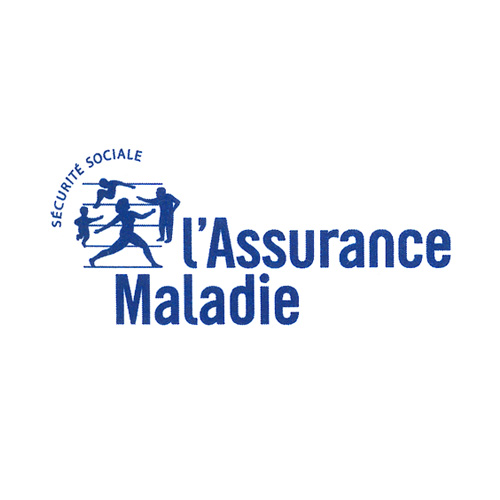
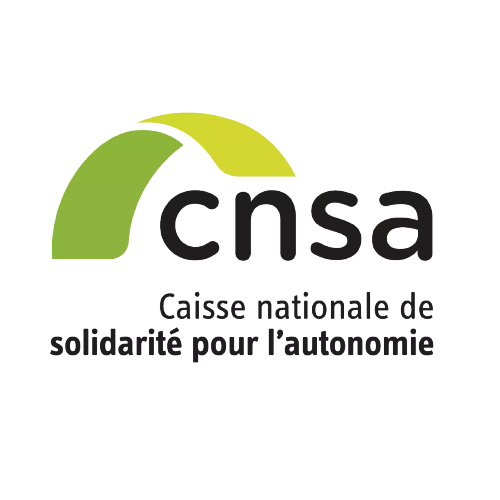
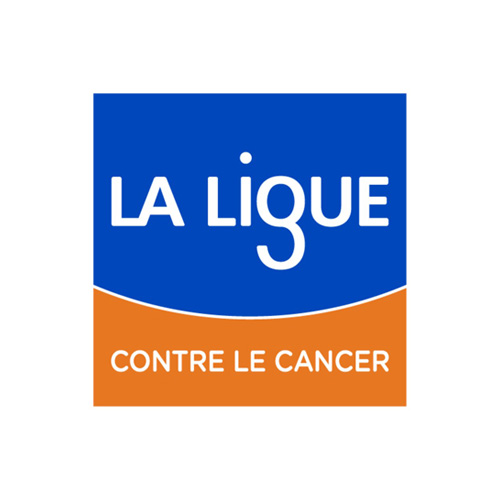

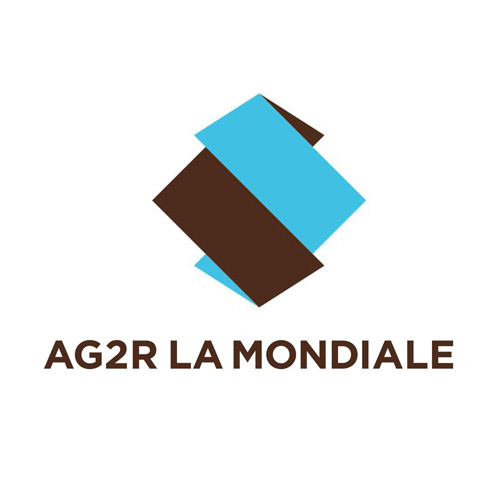
Our partners
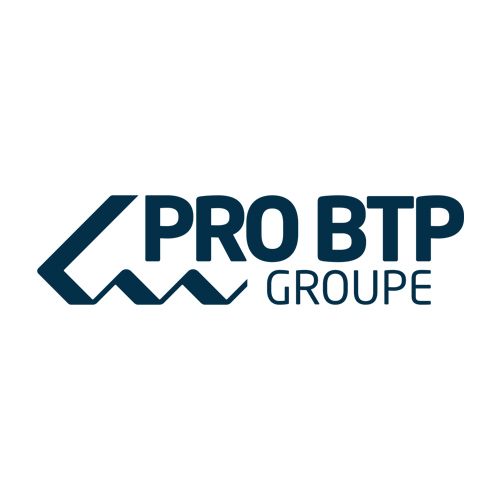
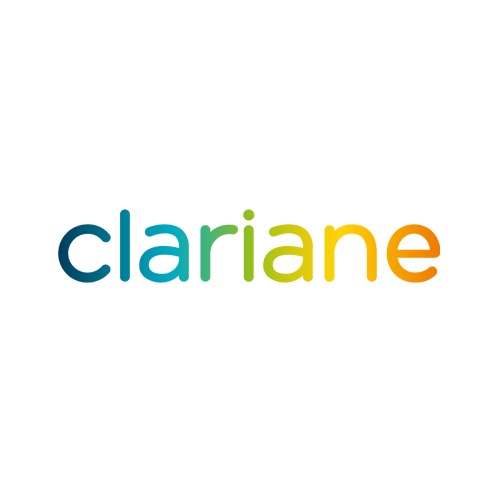
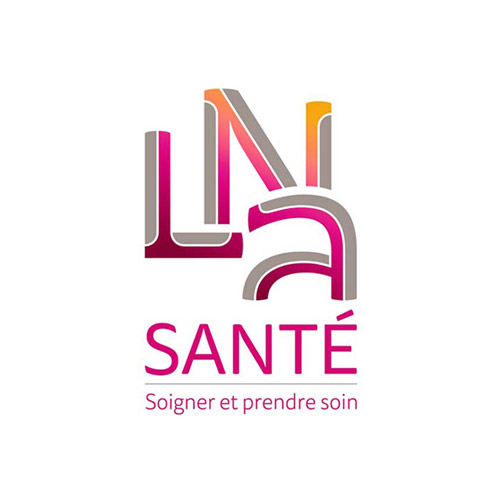
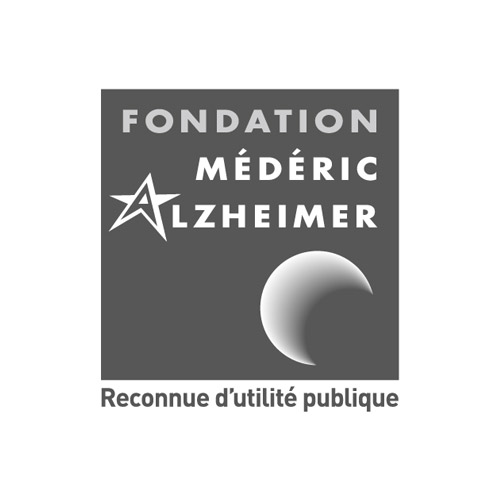
Our allies
